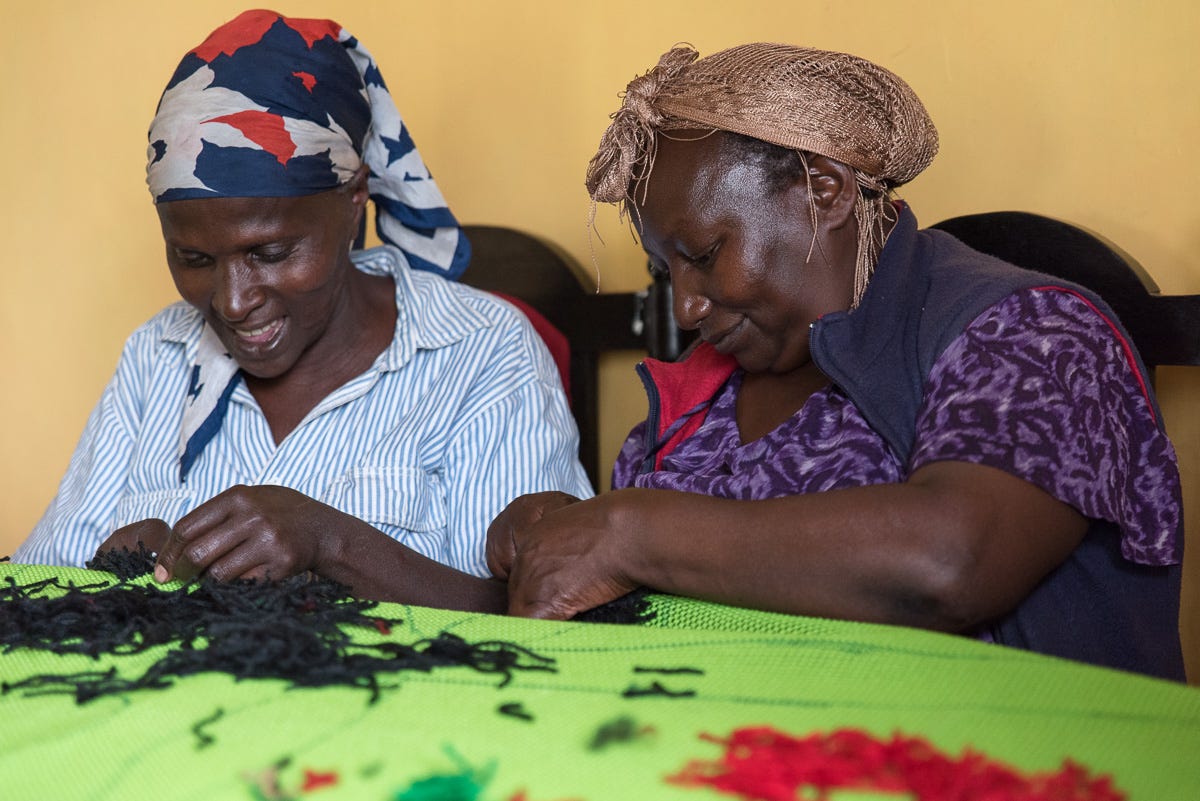by Fredrick Nyagah, Technical Specialist, Gender, and Ashley Holst, Technical Specialist, Cooperatives & Inclusive Businesses, CLEAR Kenya, Global Communities.
COVID-19 is driving new meaning to rationally held social norms especially those surrounding gender relations. Gender norms as triggered by the Covid-19 pandemic are an issue that cannot be ignored. Prevention and response measures demand a deliberate effort to wear the gender lens in every aspect from policy, community, family and the individual. For this to happen, the rapid response teams set up by Kenya need to not only be gender sensitive but also equitable in knowledge, practice and composition. This post will be the first in a series called “The Gendered Pandemic in Kenya” discussing the many faceted dimensions of gendered experiences and effects of Covid-19.

Gendered Social Distancing: In many countries including Kenya, men are socialized to be risk takers and the providers for their families hence the norm may be for them to be consistently absent. These men may find it difficult to remain home and implement social distancing for protection as advised. This may create a conflict between transitioning into the new reality of staying at home and caring for their families. Calls for Self-quarantine as a safety sanction for men, their families and others should be blended with promotion for social norms change.
Gendered Prevention of Covid-19: The medical seeking behaviour of men and women is quite diverse. Many macho men rarely seek medical attention unless their life is threatened and they do so belatedly. In as much as Covid-19 has no cure as yet, the way of curtailing its spread is by getting tested if one sees any of its symptoms and self-quarantining immediately. The social construction of men’s health behaviours will lead to late testing by men even when they have been exposed to the virus. This phenomenon has been researched and reported for HIV, where women are significantly more likely to be tested and adhere to treatment and spread prevention while their male partners refuse testing and treatment. This behavior risks (re)infection of their partner(s).
The first case of the Covid-19 to be recorded in Kenya was through voluntary self-reporting by a woman who had travelled in a high-risk Country. Women’s proactive health practices should be highlighted in the prevention strategies. It is therefore important to have targeted message to
women and men so as to encourage men to seek medical attention and social distance even when not sick. If men behaved differently on their health seeking behaviour, the prevention efforts would bear quicker fruits.
The Covid-19 pandemic will have both gendered response and effect. As discussed, men may be less likely to seek medical attention, thus risking their families’ health and further spreading the virus. Additionally, many known and unknown effects of Covid-19 will be exacerbated by social norms and Gendered behaviors. This blog series will address these challenges in Kenya and present reflections on solutions to minimize the negative social outcomes of Covid-19.

 Email
Email